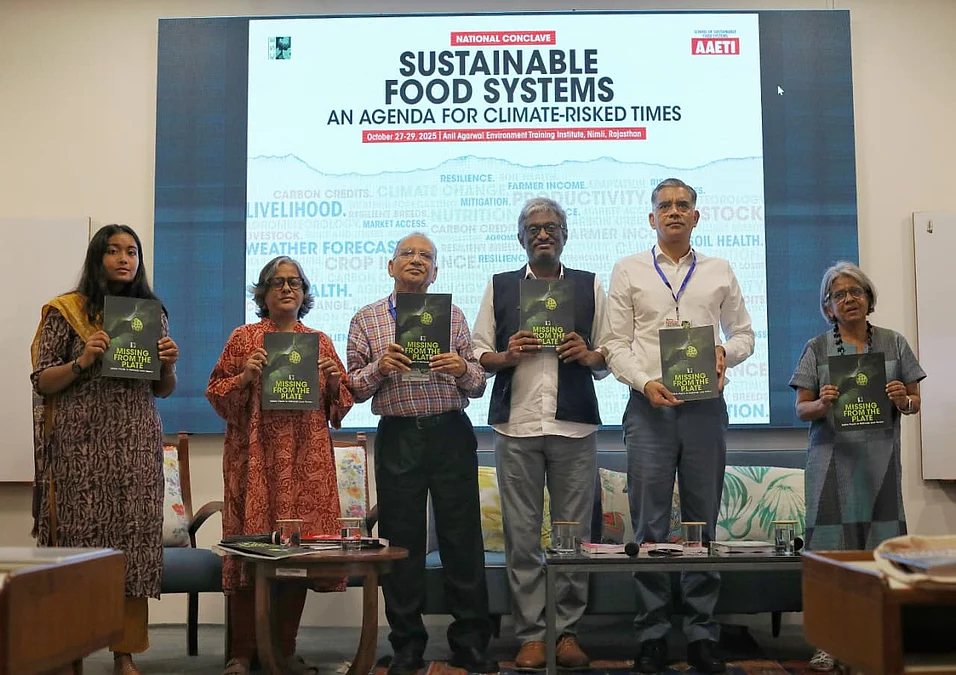Copyright mxmindia

With apologies to none at all By Vikas Mehta In 1987, when I finished my MBA and joined as an intern in my first job, I distinctly remember that an LIC agent (for the lack of a better word) came to meet us on a Friday evening around office ending hour. He had no appointment. He had not been asked by the employers to meet us. And he knew none of us. But over the next 2-3 days he met all the new interns and I think managed to sell a policy to 6-7 of us. I was one of them. This column is not to talk about his selling skills or even the advantages of taking a policy early, but to highlight a simple fact, that in a way the policy introduced me, early, to the habit of savings. Over a period of time the LIC person, became a good friend, almost like a financial advisor who opened my eyes to various financial products which otherwise were never the talk of the day. Even today, I interact with him on some insurance related investments. My policy was not a big one, but in those days my premium amounted to almost one month salary. So, I had to plan and save and pay the premium promptly and on time. As I moved up in life and started paying taxes, my CA, started to educate me with tax saving instruments. Sec 80C, 80CC etc. Forget the technicalities behind it. What was important is that I discovered avenues, opportunities which made me realise the importance of not just right investment. But also, charity. I was hardly thirty and as expected was in a very materialistic mode. It was also the time that Indian economy had just opened up. New product categories, new brands were now available. I too was planning and plotting to own a Nike shoe. Or a Sony colour TV. Soon it was a mobile phone. And then I got married and was now into buying furniture and kitchen gadgets. Therefore, charity was the last thing on my mind. I would be happy to save up to buy a new branded shoe. But had never even thought of saving to pay for the education of some destitute kids. Or supporting old age people who had no family or any means to support themselves. My CA explained to me that it was not just about saving but also about giving back to the society. And in the process save some taxes. A win win situation. Hesitatingly, I did some research and paid to help two children’s fees and stationery for the year through a recognized NGO. I was shocked as to how little I had to pay. But it was only after a year, when I received by snail mail a letter with the photographs of the two children, a thank you note in their handwriting and their progress report, that the enormity of what I had done hit me. I went and visited the children and was amazed by what a little contribution can do to the lives of some children. And I was hooked. Now it was not just about tax savings but about helping those in need. I expanded my horizons and started contributing to the desolate aged people. My CA warned me that I was spending more than I needed to save tax. For me now tax saving had become redundant. It was the satisfaction of charity, for the lack of a better word, that made me open my purse at a relatively young age. And the tax savings incentives also helped me buy into health insurance, again at a time when it was barely heard of. I am therefore indebted to what we call today, the old tax regime. It opened my mind to things, I would not have given a second thought to, otherwise. And it helped me take some prudent financial decisions too. Life insurance, health insurance. PPF. Child education policy. And of course it introduced me to sewa bhavana. The concept of serving other humans. So, when the new tax regime was introduced and my CA told me that I need not give any donations or invest in charity, I was troubled. Because I knew that many could fall for this trap. I know the environment around the youngsters or Gen Z or even the millenium. Materialism is at an all-time high. Its not just about new fashion or new shoes or new cosmetics, but also new gadgets. Gadgets which become quickly outdated and the pressure to replace them with new. Planned obsolescence is the greatest driver of materialism. In face of this onslaught, what chance charity has? Given the fact that life expectancy is rising, youngsters are more healthy, they spend more on being fitter, what are the chances that they will buy some insurance? The quick high returns from equity market does not give a scheme like PPF with fixed, single digit returns and a nest for the future, any chance. And after the last budget which made the new tax regime much more attractive, I knew the death knell for some basic saving and charity instruments has been sounded. Forget theory, let’s look at some facts. Almost 70% taxpayers have opted for the new tax regime. Household savings are estimated to have dropped to 22.8% of personal disposable income in FY 24-25, a 27 year low from 23.1% in FY 23-24 and 27.2% in FY 20-21. Life Insurance penetration in FY 23-24 slid from 3% penetration to 2.8% Total insurance penetration was 3.7%. New life insurance schemes disbursed fell by 9%. Global insurance penetration incidentally is 7% up from 6.8%. Charity also cuts a sorry figure. I now get constant calls from the NGO’s which I support, asking me when will I pay to continue my sponsorship. Discreet enquiries have revealed that number of sponsors have fallen and some are claiming a fall in new sponsors. As I read in an article recently, the new tax regime coupled with the recent GST cuts show a strategy that keeps people from saving and encourages them into spending. Long term this could be disastrous. And not to forget that habits like donating or supporting the needy, if they are not encouraged, there will be more problems for the society as a whole. And I have not even touched upon the moral and ethical and cultural aspect of this. What do you think?



